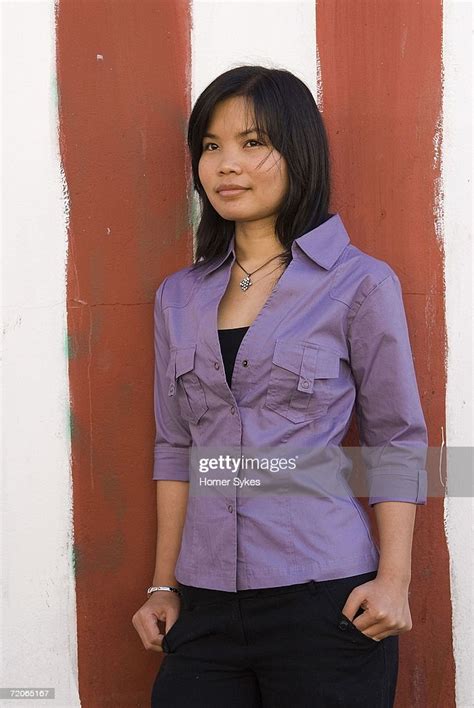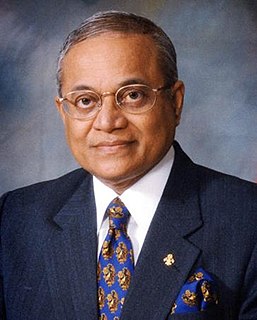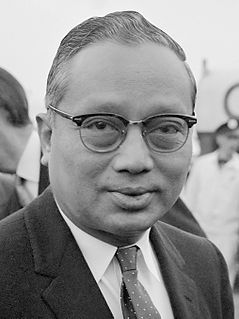A Quote by Paul Polman
Business must go on reiterating its absolute commitment to embedding human rights in all it does, driving industry change through collaboration with governments, international organizations, and each other.
Related Quotes
In Burma, we are being told by so-called experts and some governments that we must be patient and that there can be incremental change through Parliament. The UN did this, and failed spectacularly, and while they did, the human rights situation got worse. The dictatorship ignored the UN and international community, making not a single concession. Now we are being told again these Parliaments are new, we should engage with them and if improved they can bring positive change. I don't place any hope in that.
The international human rights framework is a vital component and engine for promoting global values. Governments have signed up to this international legal framework and we should hold them accountable, in all circumstances from environmental or labour standards, to trade talks, arms control and security issues as well as other international legal codes.
Collaboration is being open to each other's ideas and benefiting from each other's perspectives in an open way. Collaboration is all about rewriting and rewriting and rewriting and helping each other to constantly improve a piece. And, it's also about spurring each other on to doing really great, hard work - it's easier to do it in a collaboration than on your own.
In human rights theory it is very important that governments still have the primary responsibility for the standards and provision of such services even if they no longer deliver them. They must insist that the private sector delivers without discrimination. So governments still have responsibility, including the need to influence business.
The core of human rights work is naming and shaming those who commit abuses, and pressuring governments to put the screws to abusing states. As a result, human rights conventions are unique among international law instruments in depending for their enforcement mostly on the activism of a global civil society movement.
In the compound republic of America, the power surrendered by the people is first divided between two distinct governments, and then the portion allotted to each subdivided among distinct and separate governments. Hence a double security arises to the rights of the people. The different governments will control each other, at the same time that each will be controlled by itself.
Ethical globalization is possible if only we can hold governments and business accountable for respecting human rights, not just in the traditional political and legal realms, but in everything - health, education and the other social determinants of health - rights to food, safe water, sanitation and so on.
Slavery was, in a very real sense, the first
international human rights issue to come to the fore. It led to the
adoption of the first human rights laws and to the creation of the
first human rights non-governmenta l organization. And yet despite
the efforts of the international community to combat this abhorrent
practice, it is still widely prevalent in all
its insidious forms, old and new.
We believe that climate change must be viewed not only as a danger to natural systems, but also as a direct threat to human survival and well-being. We are convinced that this negotiation process must not be viewed as a traditional series of governmental trade-offs, but as an urgent international effort to safeguard human lives, homes, rights and livelihoods.
The Universal Declaration of Human Rights - This great and inspiring instrument was born of an increased sense of responsibility by the international community for the promotion and protection of man's basic rights and freedoms. The world has come to a clear realization of the fact that freedom, justice and world peace can only be assured through the international promotion and protection of these rights and freedoms.
Human rights and international criminal law both illustrate the contradictory potential of international law. On one level, the imposition of human rights norms is a restraint on interventionary diplomacy, especially if coupled with respect for the legal norm of self-determination. But on another level, the protection of human rights creates a pretext for intervention as given approval by the UN Security Council in the form of the R2P (responsibility to protect) norm, as used in the 2011 Libyan intervention. The same applies with international criminal accountability.

































